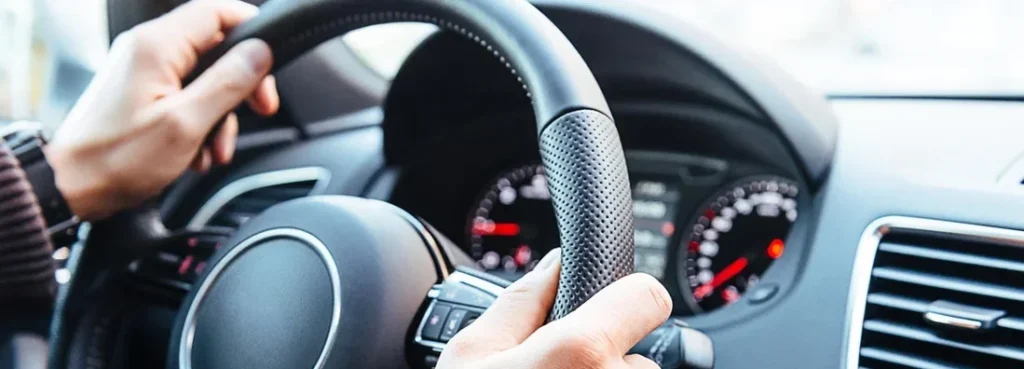According to a new study marijuana does not lead to an increase in motor vehicle accidents, with “high self-reported acute cannabis use” actually associated with lower odds of such accidents.

Published in the journal Accident Analysis and Prevention, the study was conducted by researchers at the Oregon Health & Science University, the University of Colorado School of Medicine, the University of California Davis, the Insurance Institute for Highway Safety, the Alcohol Research Group and Portland State University.
“The objective of this study was to examine the relationship between cannabis and alcohol use and occurrence of motor vehicle collision (MVC) among patients in the emergency department (ED), states the study’s abstract.
This was a cross-sectional study of visits to EDs in Denver, CO, Portland, OR, and Sacramento, CA by drivers who were involved in MVCs and presented with injuries (cases) and non-injured drivers (controls) who presented for medical care. Researchers obtained blood samples and measured delta-9-THC and its metabolites, and alcohol levels were determined by breathalyzer or samples taken in the course of clinical care.
Participants then completed a research-assistant-administered interview consisting of questions about drug and alcohol use prior to their visit, context of use, and past-year drug and alcohol use.
“Multiple logistic regression was used to estimate the association between MVC and cannabis/alcohol use, adjusted for demographic characteristics”, note researchers. “We then stratified participants based on levels of cannabis use and calculated the odds of MVC across these levels, first using self-report and then using blood levels for delta-9-THC in separate models.”
Researchers “conducted a case-crossover analysis, using 7-day look-back data to allow each participant to serve as their own control. Sensitivity analyses examined the influence of usual use patterns and driving in a closed (car, truck, van) versus open (motorcycle, motorbike, all-terrain vehicle) vehicle.”
The study found that “Cannabis alone was not associated with higher odds of MVC, while acute alcohol use alone, and combined use of alcohol and cannabis were both independently associated with higher odds of MVC.”
Stratifying by level of self-reported or measured cannabis use, “higher levels were not associated with higher odds for MVC, with or without co-use of alcohol; in fact, high self-reported acute cannabis use was associated with lower odds of MVC (odds ratio [OR] 0.18, 95% confidence interval [CI] 0.05-0.65).”
In the case-crossover analysis, “alcohol use alone or in combination with cannabis was associated with higher odds of MVC, while cannabis use alone was again associated with decreased odds of MVC.”
You can find the full text of the study by clicking here.
A different study published last month found that treatment with a spray containing both CBD and THC “does not impair skills relevant to driving in those patients with tic disorders”.
According to a study published last year in the journal Traffic Injury Prevention, marijuana legalization in Washington State “led to fewer fatal, serious, and minor injury collisions.”
A Canada study, also published last year, found that there “were no statistically significant changes in rates of emergency department visits and hospitalizations for motor vehicle or pedestrian/cyclist injury” following the nation legalizing recreational marijuana in 2018.







